Tuesday, April 23, 2024

The Latest @ USIP: The Future of Ukraine’s Democracy
At the moment, the priority for Ukrainians is to win the war against Russia. But to ensure victory in what comes next, Ukraine must strengthen its democratic practices so that it emerges from this conflict prepared for critical elections. Peter Erben, principal advisor and senior country director for Ukraine at the International Foundation for Electoral Systems, discusses how an improved democracy is the key for Ukraine’s possible ascension to the EU, the importance of ensuring Ukrainians forced to leave their homes are able to vote in the next elections, and what the international community can do to help.

The Latest @ USIP: Religious Inclusion in Afghanistan
The Taliban often use religious arguments to justify their claim to authority. But the Taliban are just one aspect of Afghanistan, and the caretaker government has failed to justify many of its more draconian policies — especially those against women and girls. Charles Ramsey, a resident scholar at Baylor University's Institute for the Studies of Religion and a senior fellow at the Religious Freedom Institute, discusses the role that other religious actors in Afghanistan can play in shaping the country’s future and how positively engaging with these religious leaders can contribute to building peace.
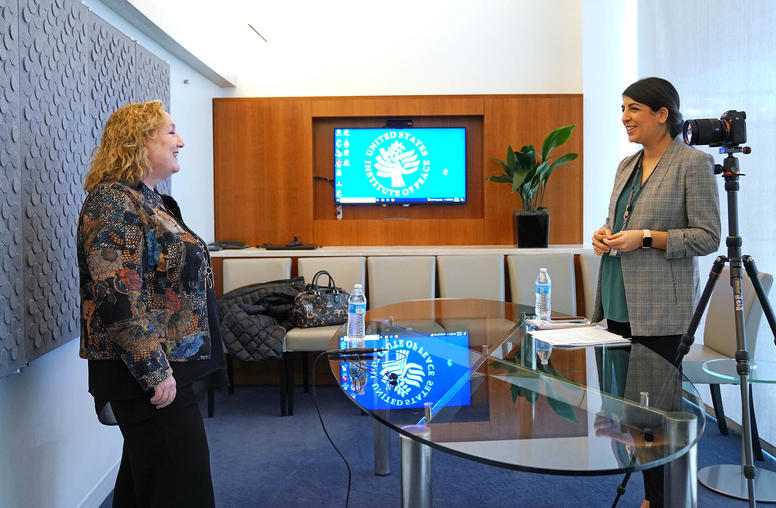
The Latest @ USIP: Threats to Peace and Security in the Sahel
From coups and climate change to food insecurity and a rise in violent extremism, the Sahel region of Africa is facing a number of complex and interconnected threats to regional security. Emanuela Del Re, the EU special representative for the Sahel, discusses how Africa’s partners can help address these issues, the importance of international collaboration that’s rooted in equality, and the roles of the EU-Africa Summit and U.S.-Africa Leaders Summit in developing a path toward peace and stability in the Sahel.
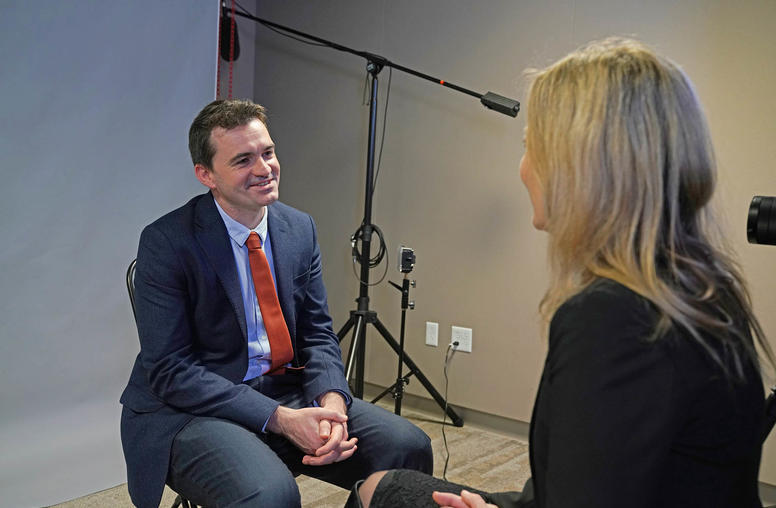
How Do Israeli and Palestinian Youth View the Prospects for Peace?
Amid this year’s rising tide of violence between Israelis and Palestinians, a new poll released last week by Khalil Shikaki and Dahlia Scheindlin brings more sobering news. In the study, pollsters found that in Israel, for the first time, support for a nondemocratic regime (unequal rights between Israelis and Palestinians) is stronger than a two-state solution to the Israeli-Palestinian conflict. Trends among young people are especially striking — only 20 percent Israeli Jews aged 18-34 are in favor a two-state solution to the conflict.
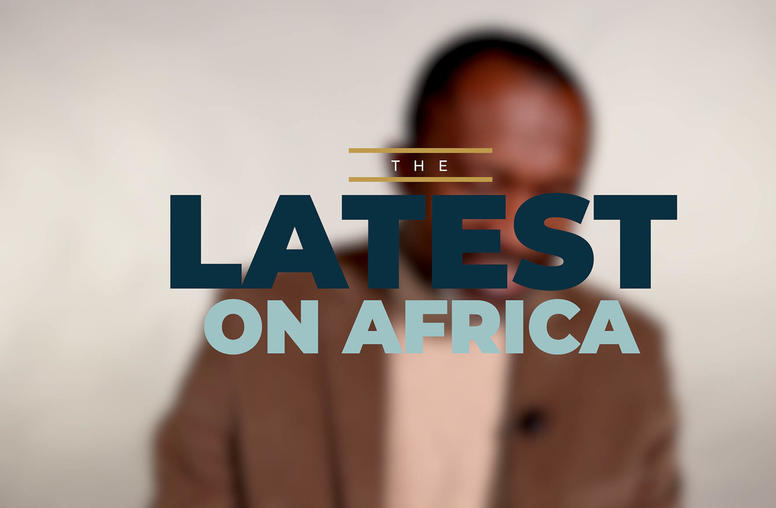
The Latest: Three Things to Know About the U.S.-Africa Partnership
Following the U.S.-Africa Leaders Summit (USALS) in December 2022, African leaders are preparing to gather for the African Union’s own summit in February. The USALS saw $55 billion in U.S. commitments to Africa for everything from security to democracy promotion on the continent. As African leaders gather next month to discuss the critical issues facing the continent, it’s important to consider the steps needed to put these commitments into action. USIP’s Joseph Sany explains what was accomplished at the USALS, what steps will be needed to further the summit’s objectives and the critical issues to be discussed at the forthcoming African Union Summit.
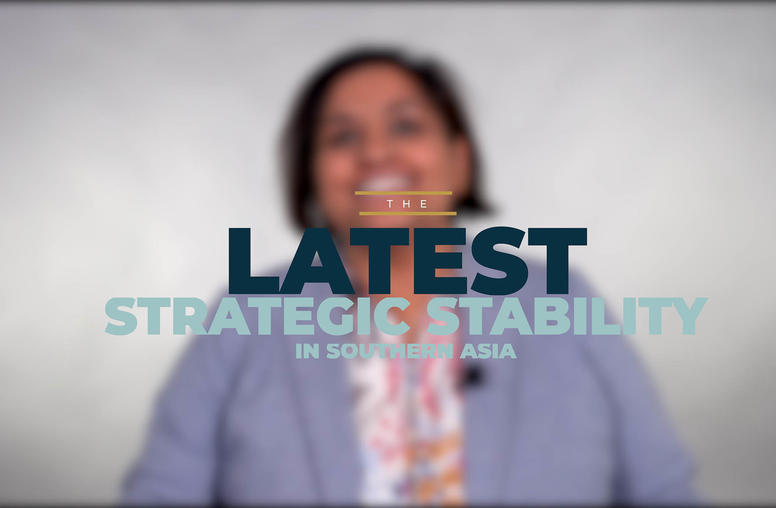
The Latest: Three Things to Know About Conflict Flashpoints in Southern Asia
As the United States deepens its partnership with India and focuses on the Indo-Pacific strategy, New Delhi’s troubled relationships with both Pakistan and China continue to threaten strategic stability in Southern Asia. Last year, a USIP senior study group released a report examining potential trigger events that could lead to escalation in the region, offering recommendations on how to enhance strategic stability. USIP’s Tamanna Salikuddin provides an update on the state of strategic stability in the region, discusses what upcoming events we should be watching and looks at how India-Chinese tensions have impacted Southern Asia.
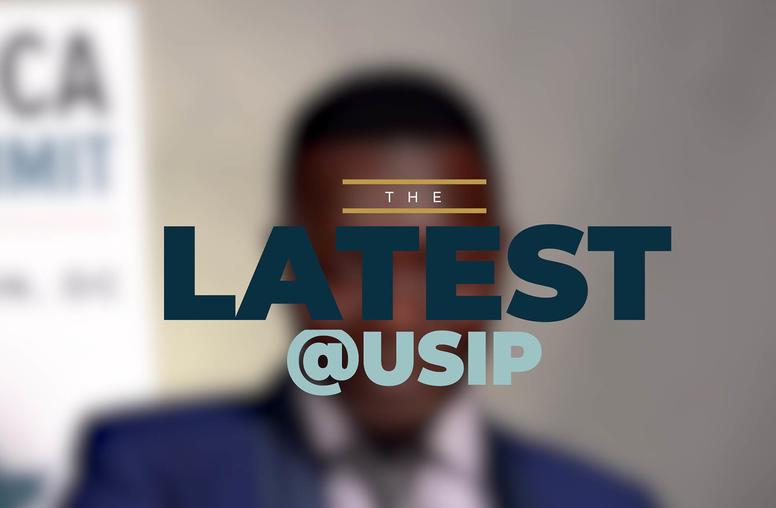
The Latest @ USIP: African Youth Ambassadors on Youth, Peace and Security
The youth, peace and security agenda is relatively new for many parts of Africa, where young people are often absent from institutions and leadership positions that have a major impact on their lives. Several of the African Union’s youth ambassadors explore how the recent U.S.-Africa Leaders Summit offers a chance to build partnerships — especially at the local level — that promote youth-led peacebuilding efforts, as well as how African countries can draw on U.S. experience in addressing some of the major societal challenges facing African youth, such as violent extremism, unemployment and access to services like education and health care.
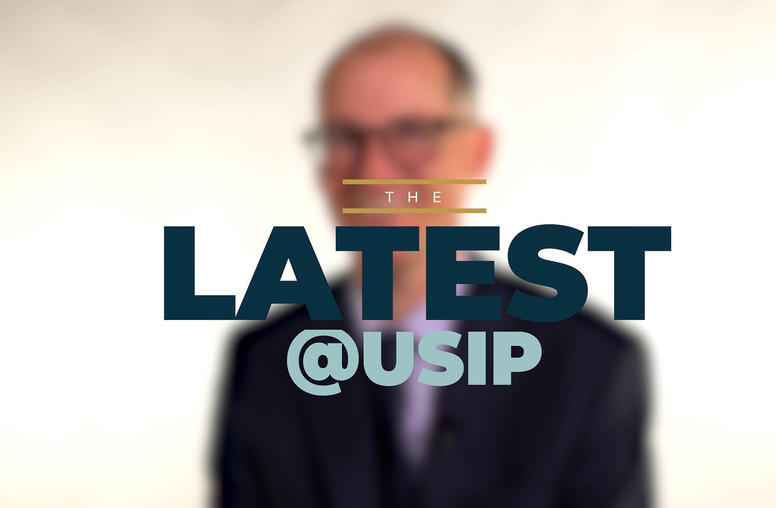
The Latest @ USIP: Security in the Taiwan Strait
Taiwan represents the most dangerous issue in the broader U.S.-China relationship, as well as the most likely flashpoint for a war in East Asia. But while the security situation in the Taiwan Strat has grown more strained in recent years, the prospect of conflict is not inevitable. Scott Kastner, a professor for government and politics at the University of Maryland, College Park, says the immense cost of a possible war remains a major deterrent — but to maintain a peaceful status quo, the U.S.-China relationship cannot devolve into a new Cold War that makes Chinese leaders feel less invested in the current global order.

The Latest @ USIP: Women’s Role in the South Sudan Peace Process
When South Sudan achieved independence in 2011, many South Sudanese women hoped it would lead to improvements on gender and security issues. In the years since, recurring civil conflict has unfortunately delayed these aspirations — but as with the independence movement, women have been at the forefront of the country’s resurgent peace process. Rita Lopidia, executive director of the Eve Organization for Women Development and the 2020 recipient of USIP’s Women Building Peace Award, discusses how South Sudan’s national action plan on women, peace and security helped guide women’s involvement in the revitalized peace agreement as well as how her organization is working with both men and women on gender and peacebuilding issues.
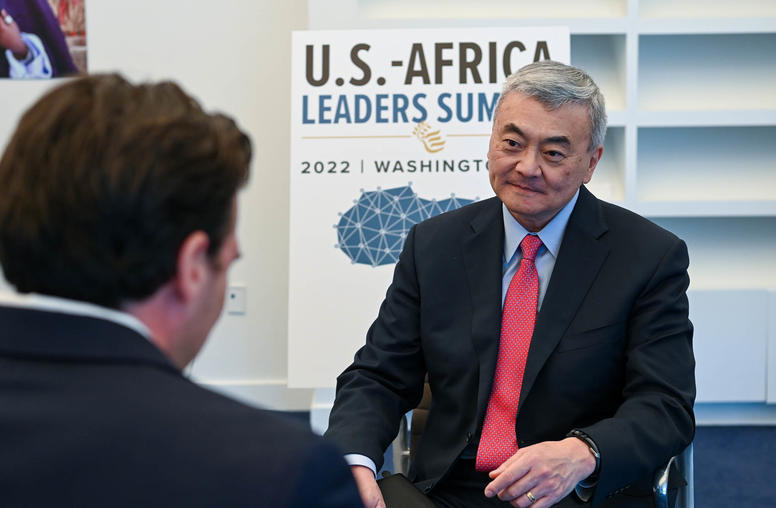
Ask the Experts: How Can Renewed U.S.-African Partnerships Counter Terrorist Threats?
Too often, the United States and its partners have failed to prioritize Africa in global counterterrorism efforts — leaving the door open for violent extremist movements to further destabilize the continent. The U.S. Institute of Peace’s Andrew Cheatham spoke with retired Lt. Gen. Michael Nagata, former director of strategy for the National Counterterrorism Center and a current member of USIP's Senior Military Advisory Group, about the evolution of violent extremism in Africa.
